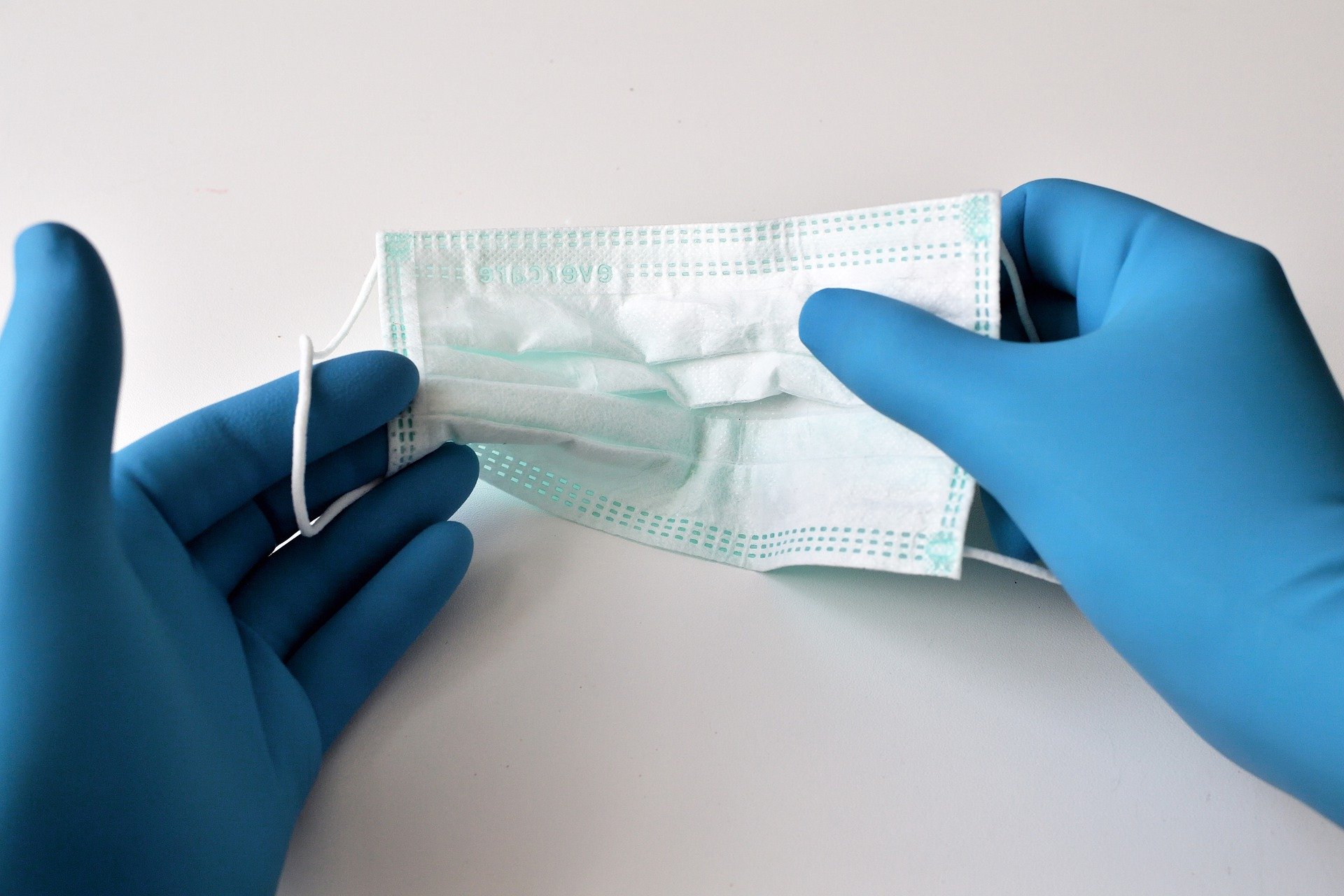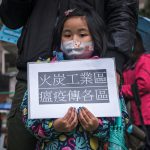U.S. WEEKLY
Date: 21 April 2020 Author: Paweł Paszak
China’s medical diplomacy – success or failure?
The outbreak of the SARS-CoV2 epidemic in January 2020 led to the paralysis of communication and economy in China and to at least 3.3 thousand deaths. The Chinese authorities’ reaction to the appearance of the new coronavirus was delayed, as the decision to close down Wuhan, a city with over 11 million inhabitants, was not taken until January 23.

Available sources indicate that the first signs of “atypical pneumonia”, resembling the 2003 SARS epidemic, reached the local authorities already in the second half of December. During the first three weeks of January, when the virus was spreading to other provinces, the authorities were eliminating all reports of the new disease. In the last week of January, it was decided to impose severe restrictions on the movement of citizens, and the state and party authorities took extraordinary measures to prevent the spread of the virus. The disease peak in China took place in the second half of February, and on March 10, Secretary General Xi Jinping during his trip to Wuhan announced that the country was close to overcoming the epidemic.
The relative stabilisation of the epidemic situation in China has been accompanied by the rapid spread of SARS-CoV2 in other countries of the world and France, Spain, Iran, the USA and Italy are currently suffering the most. The United States has become the country with the highest number of infected people in the world and on March 30, President Donald Trump declared that maintaining the number of victims at 100 thousand will be a great success of his administration. By the end of March 2020, the total number of victims of the coronavirus pandemic worldwide was 40 thousand so the economic costs on a global scale are likely to reach several trillion dollars. A large part of the western public opinion and part of politicians blamed the Communist Party of China for the crisis, which by imposing censorship did not nip the epidemic in the bud when it was still possible. Some commentators began to compare the behaviour of the Chinese authorities to the USSR’s reaction to the Chernobyl nuclear power plant disaster in Ukraine in 1986. President Donald Trump and Secretary of State Mike Pompeo began to refer to the virus as the “Chinese virus” or the “Wuhan virus” in order to indicate its clear origin. Chinese news agencies, in response to the attempts to put the blame on the Party, formulated a message about the “political virus” spread by the USA and aimed to stigmatize the Middle Kingdom. The most important Chinese media, such as the Global Times, Xinhua and People’s Daily, also reported that the virus may have escaped from the American laboratory in Fort Detrick or was brought by American soldiers (from the USA) who visited Hubei province in autumn in 2019 to take part in the Military World Games.
The Chinese media did not confine themselves to making accusations against the United States, but also devoted much attention to highlighting the positive role of the PRC in the fight against the global pandemic. The main topic was the transport of protective clothing, tests and respirators to various countries around the world, including primarily European countries. With the normalization of the epidemic situation in China, the demand for medical equipment decreased, which in turn opened the way for the export abroad. It was recognised that the available production capacity could be used not only to improve the economic situation, but also as a tool of state diplomacy. Air transports with equipment to Italy, Serbia, Iran, the USA, Spain and Turkey, on the one hand, were to build a positive image of China outside, and on the other hand, to alleviate negative moods inside the country. Attempts to cover up the epidemic in the first weeks of January outraged Chinese citizens as well. Dr Li Wenliang became a symbolic figure who at the end of December 2019 started to inform about the virus, but the authorities forced him to stop spreading “false rumours”.
Support Us
If content prepared by Warsaw Institute team is useful for you, please support our actions. Donations from private persons are necessary for the continuation of our mission. Support
China’s “medical diplomacy” has been successful in the initial phase, due to the fact that countries struggling with the humanitarian crisis, such as Iran, Italy or Spain, were open to any form of aid. Without supplies from China, none of the Western countries was able to provide medical personnel, public services and the citizens with sufficient equipment. In March, Spain alone purchased 550 million protective masks, 5.5 million tests and 950 respirators for a total price of 432 million euro. The Italian authorities many times expressed their gratitude for the deliveries which included “donations” and the goods purchased. In the context of the Chinese aid to European countries, the case of Serbian President Aleksandar Vučić who kissed the flag of the PRC in gratitude for the transport, has become famous. Earlier, he strongly criticised the role of the European Union, stating that international solidarity only exists on paper. However, it soon turned out that the rapidly launched production of masks or suits did not always meet all the required criteria, and a significant part of the purchased virus tests had very poor accuracy rate (about 30%). In March, the Dutch authorities informed about the return of 600 thousand pieces of equipment as it posed a potential risk to the personnel. A similar decision was also taken by the Spanish and Turkish authorities who stated that tests from China with efficiencies of 30-40% were not acceptable. In the Czech Republic, the case of a Chinese businessman who was smuggling medical equipment and selling it on the black market under the cover of Red Cross transports to Italy caused an outrage. These events partially blurred the positive impression initially achieved by the Chinese.
The SARS-CoV2 pandemic proved the importance of the national industrial base which should be able to provide the appropriate amount of necessary materials and equipment in the face of the global markets’ collapse. The epidemic experience will lead many decision-makers to move parts of the factories back to their countries and strengthen their domestic industry. For China, one of the main beneficiaries of globalisation, this is a major challenge that could significantly worsen conditions for export and economic growth. Therefore, it is in the interest of the Beijing authorities to maintain supplies to foreign markets in order to reduce concerns of the contractors and create the impression that the current organisation of value chains is not a threat to them. China’s global ambition is also to act as a global power ready to provide crucial goods to fight the epidemic in a crisis. Medical diplomacy, therefore, fits into the geopolitical competition with the USA and aims to show that it is Beijing, not Washington, that is the real leader in the global struggle against the pandemic.
This article was originally published on “Polish Daily News”.
All texts published by the Warsaw Institute Foundation may be disseminated on the condition that their origin is credited. Images may not be used without permission.
















